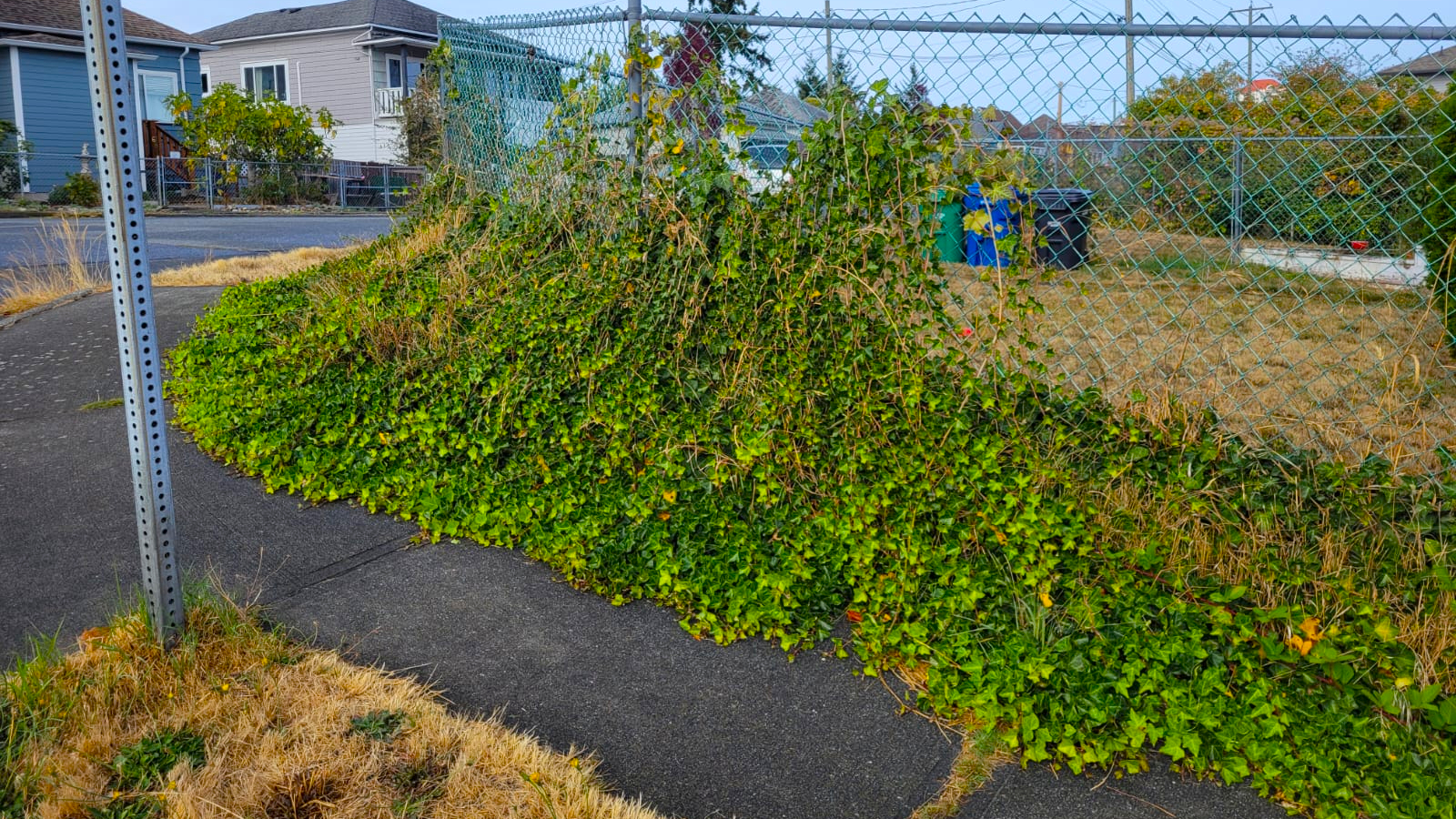
Population growth and backyard gardens likely tied to increase in rodent numbers
NANAIMO — Experts are coming to the conclusion initiatives to become greener, increase vegetation, home gardens and having backyard hens could be driving a rat population explosion.
Pest control technician James Sutherland said he’s been working on the Island for about seven years, and every year he has to deal with more and more rats.
“It’s just more and more calls, more population, people are continually seeing them more and more getting into their structures and homes, and just seeing them in their yards.”
While he’s not 100 per cent sure of the exact cause of the rise of the rats, he says it’s likely a multitude of factors, including denser populations and also people’s effort to become greener, especially after being stuck inside during the pandemic.



